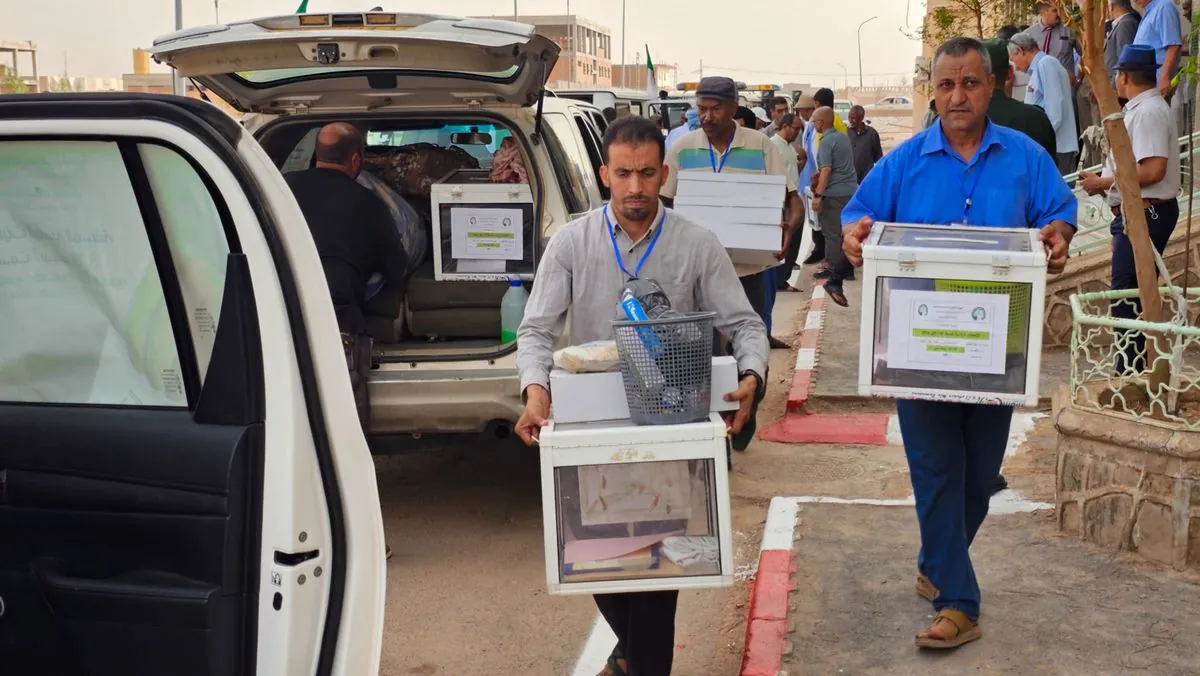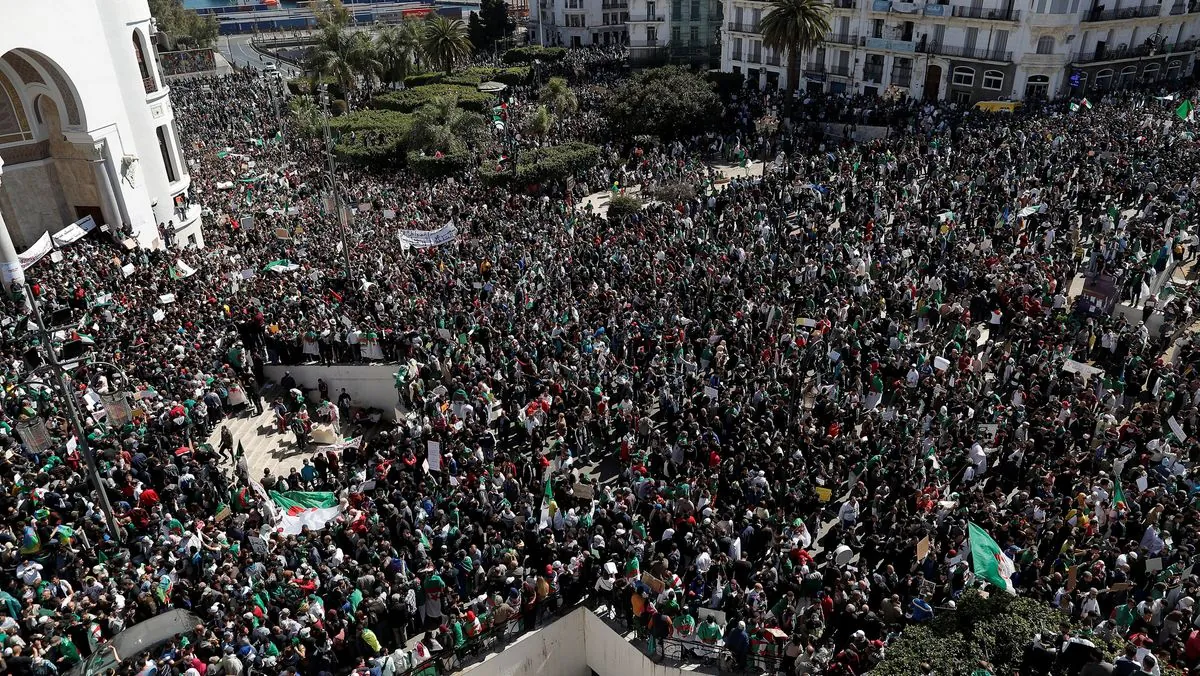Algeria's Presidential Election: Tebboune Seeks Legitimacy Amid Low Enthusiasm
Algeria holds presidential elections with incumbent Abdelmadjid Tebboune favored to win. The campaign has sparked little public interest, as the president aims to boost turnout and cement his legitimacy.

On September 7, 2024, Algeria holds its presidential election, marking five years since pro-democracy protests led to significant political changes in the North African nation. The incumbent president, Abdelmadjid Tebboune, is widely expected to secure victory against two challengers in a contest that has generated minimal public enthusiasm.
Algeria, the largest country in Africa by land area and home to nearly 45 million people, is one of over 50 nations holding elections in 2024. This global electoral trend encompasses more than half of the world's population, highlighting the significance of this year in shaping global politics.
The election campaign has been notably subdued, with limited public engagement outside of mandatory television coverage. This lack of excitement reflects a broader skepticism about the electoral process in Algeria. As one 28-year-old citizen expressed, "Voting has no meaning in Algeria like in the big democracies."
"Where I come from, the results and quotas are fixed in advance in the back room of the government, so what's the point of taking part in the electoral farce?"
Tebboune, now 78, first came to power in December 2019 following widespread protests that led to the resignation of long-time president Abdelaziz Bouteflika. The 2019 election was marred by low voter turnout and protests, with only 39.9% of eligible voters participating. This time, Tebboune aims to increase turnout to bolster his legitimacy both domestically and internationally.

The two challengers in this election are Abdelali Hassani Cherif, a 57-year-old engineer from the Islamist Movement of Society for Peace, and Youcef Aouchiche, a 41-year-old former journalist representing the Socialist Forces Front. Both candidates have focused on increasing voter participation rather than directly criticizing Tebboune.
Algeria's political landscape has been dominated by the National Liberation Front since the country gained independence from France in 1962 after a decade-long war. The current system, often referred to as "le pouvoir" (the power), is closely tied to the military establishment.
The election also highlights ongoing debates about language and education in Algeria, where French continues to play a significant role alongside Arabic. Human rights concerns, particularly regarding restrictions on journalists and activists, remain a pressing issue in the country.
As Algerians head to the polls, the outcome seems predetermined, but the level of voter turnout will be closely watched as an indicator of the government's legitimacy and public engagement in the political process.


































